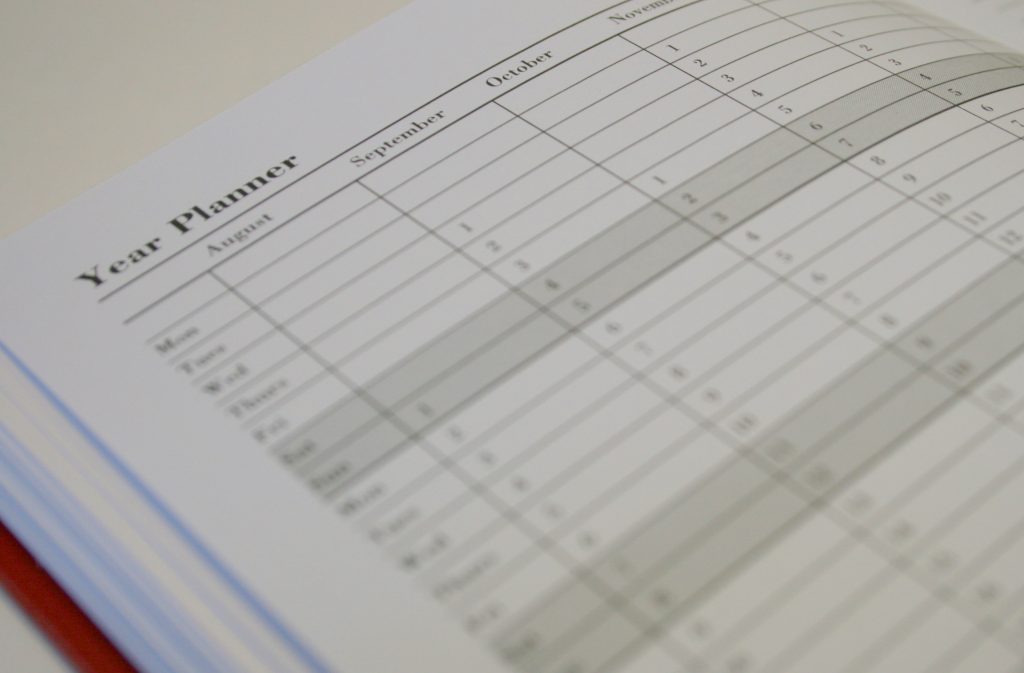
Beth Carr on why we need to stop the habit of staying up all night to complete work
It’s 3am on a Wednesday night and campus is buzzing. But it’s not the SU that’s full: it’s the library. Not so much buzzing with activity but buzzing with caffeine. This is a picture of end of term deadline season and it’s worrying to think about.
A second year historian floats into her sixth consecutive all-nighter. An MA student spends 50 hours awake to complete an essay and falls asleep in the SU. Even first years don’t escape the lure of skipping sleep in order to complete work on time. Third years in the midst of dissertations keep the quietest about their essay writing habits, but with the increasing trend of squeezing work into the night before the due date, I wouldn’t be surprised if some of them do this too.
Why do we do it? Peer-pressure plays a key part – library sessions are increasingly being shared as a group activity, and it always seems better when other people are doing the same thing as you. Part of it is the deadlines, which can pile up even with the best time management. Even the back gate must have some bearing on the trend – if you’re in the library past 1am and live in Egham, you’re destined to stay until at least 6am.
This all-nighter culture has some concerning consequences- think about the last time you tried to do anything on barely any sleep. It’s hard to concentrate, so any lectures or seminars will be a write-off. Forget about trying to recharge with a nap, your body clock will be messed up and although you will probably manage to stay awake, you’ll feel lousy. Your brain will be messed up too, the effects likened to being anxious: loss of judgement and sociability.
It’s counter-productive in the long run too. If you stay up all night, what you learn is unlikely to enter your long-term memory. Your brain works during sleep to ‘store’ the day’s memories and integrate them with others, which could give you an insight into the tricky parts of your assignment. Plus it often takes days to get back into a usual routine after being up all night.
Maybe you see all-nighters as an integral part of the university experience. Maybe you’ve been driven to working through the night by the sheer number of deadlines thrust upon you at once. Or maybe you just drifted into the trend, but please, for the sake of your health, make a change this term and get some much needed sleep.
